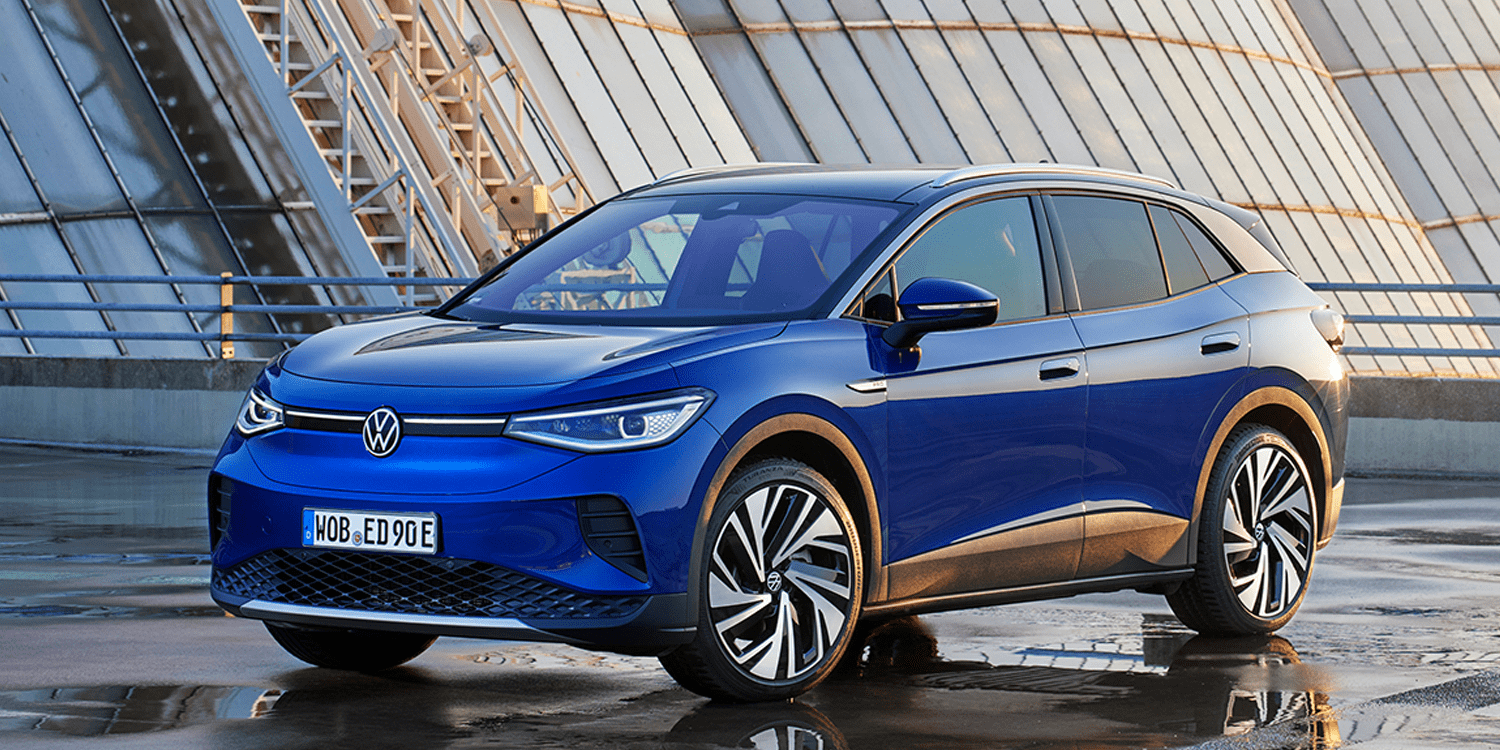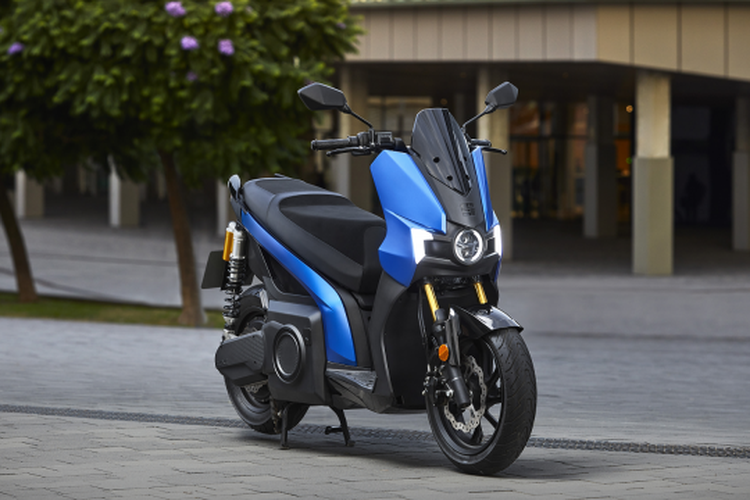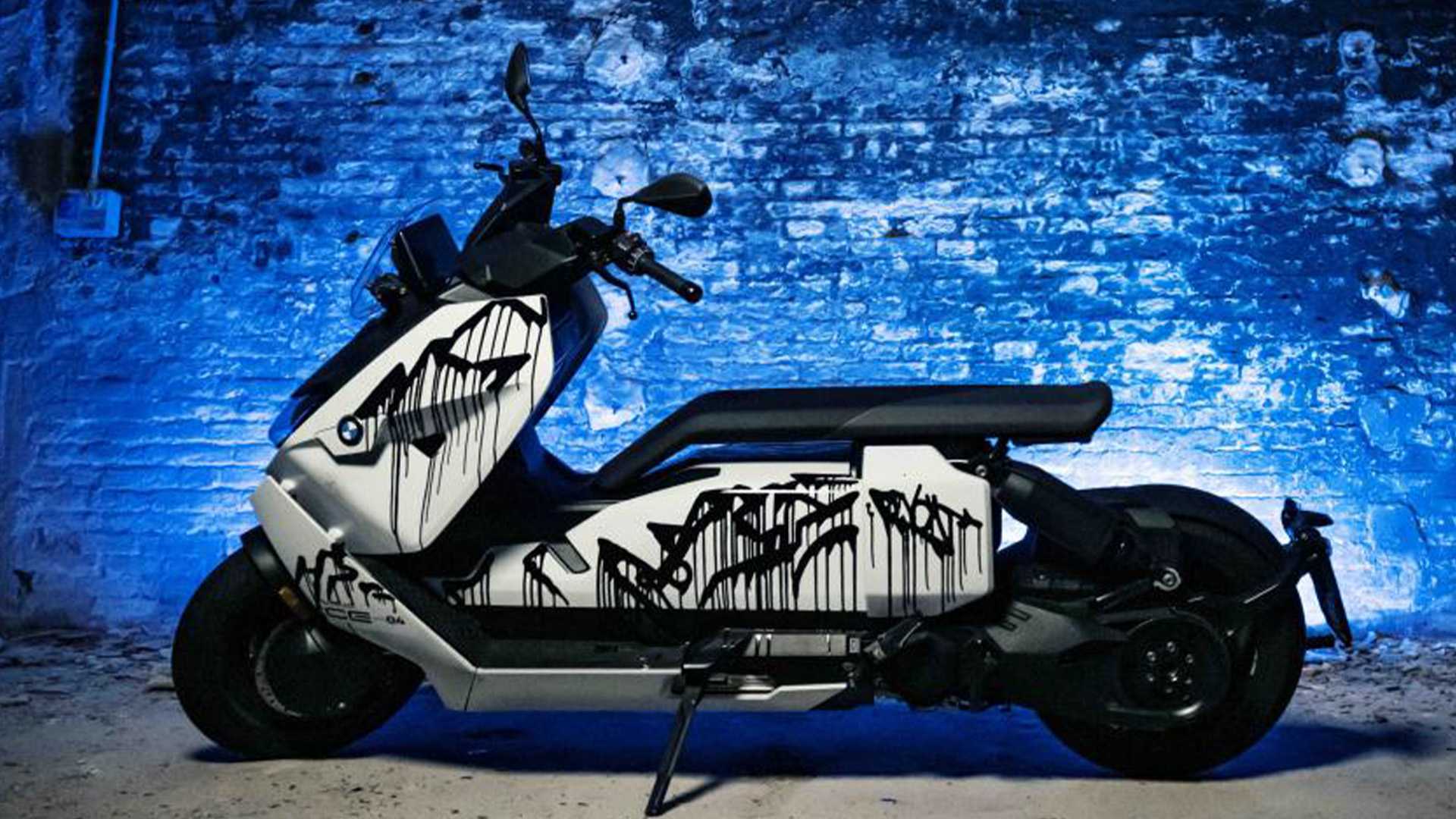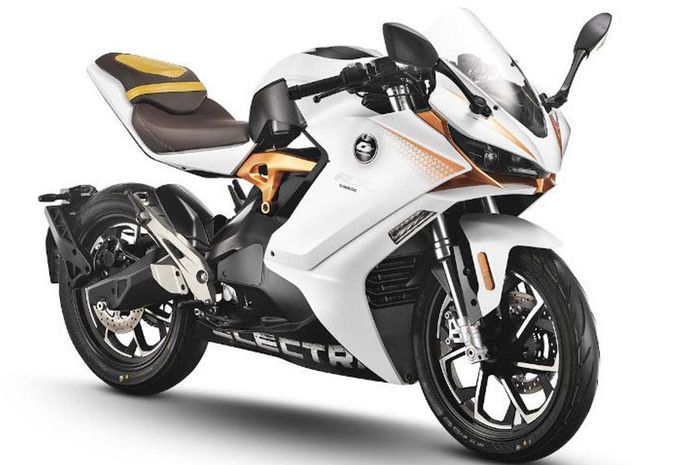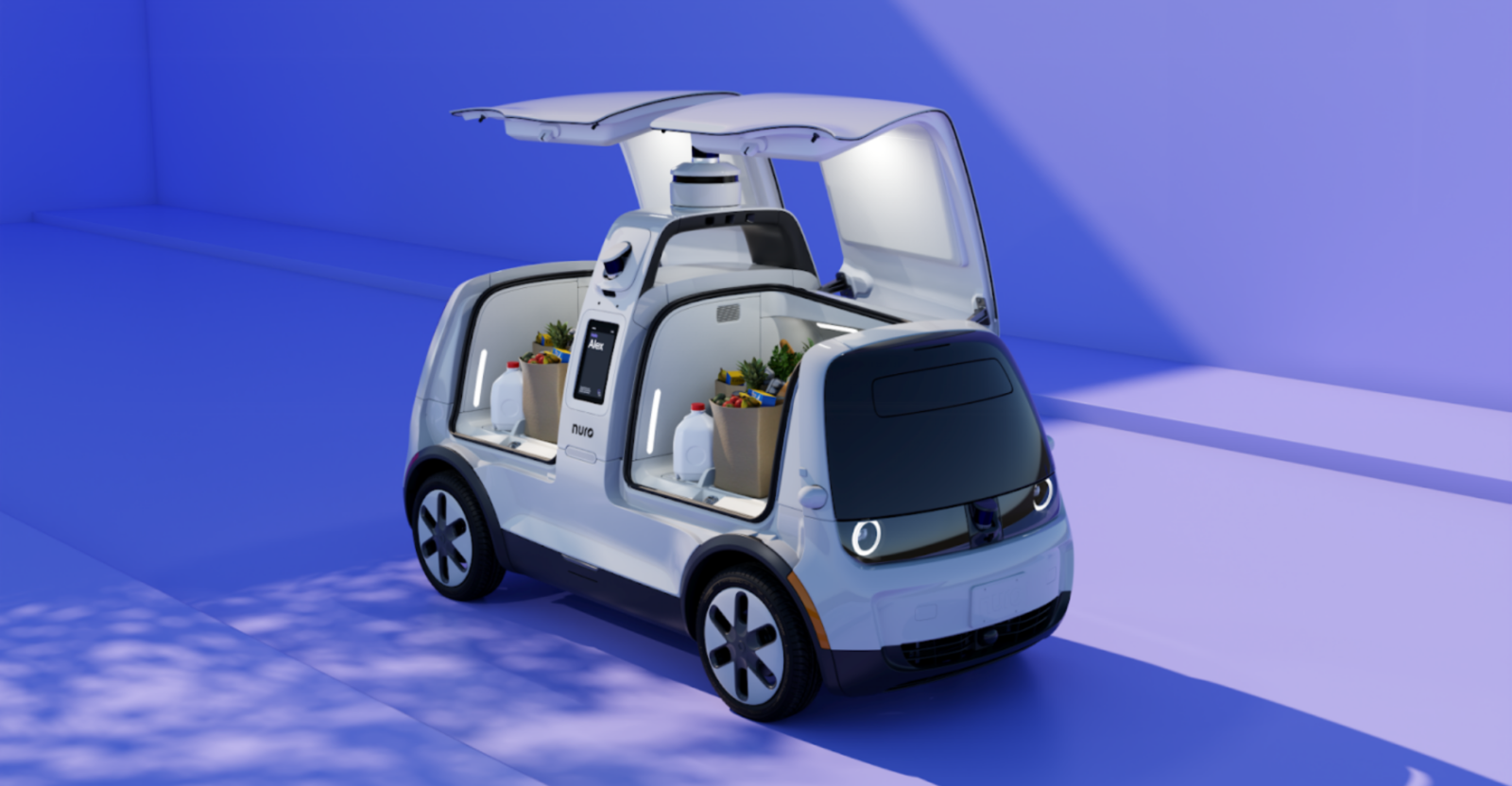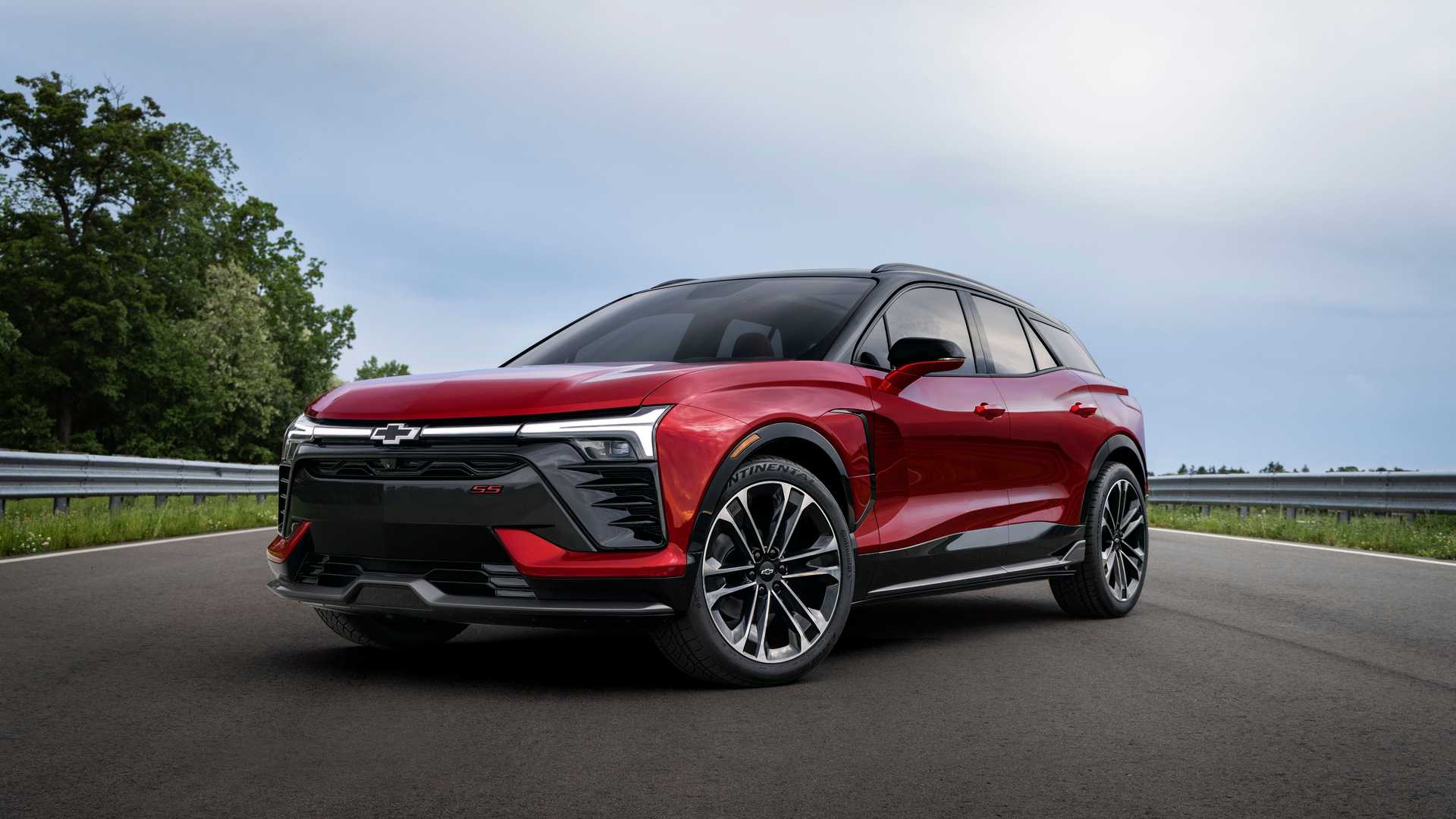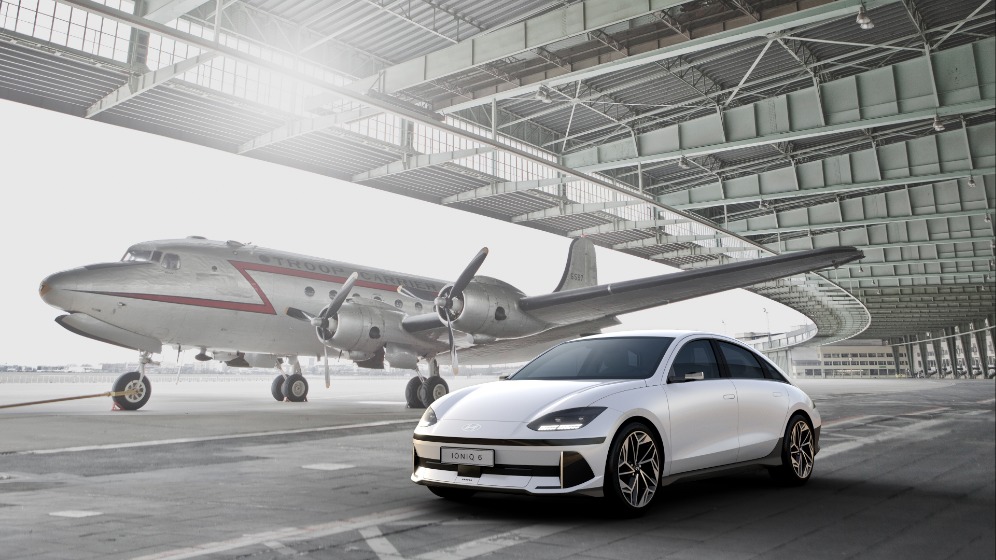The German car industry’s attempt to wrest dominance of the electric vehicle market from Tesla Inc. had to be delayed following a number of obstacles faced by Volkswagen AG and Mercedes-Benz AG.
Reported by Bloomberg on Sunday, VW will delay its major electric car project for two years due to software compliance constraints. This puts ambitious plans for an electric car project worth 52 billion euros or US$54 billion on the brink.
In addition, Mercedes slashed the price of its electric EQS flagship in China by around US$33,000 after misjudging the market.
This development is a sign of danger for the continued ambition of the electric car industry in Europe. While many car manufacturers around the world are grappling with the transition away from internal combustion engine cars, German manufacturers are exposed to a great risk because the majority produce luxury cars with the latest technology.
Bloomberg Intelligence analyst Michael Dean said German automakers had announced bold electrification targets and claimed they were leading the way in the transition, but they had yet to deliver on them.
“They still have a long way to go,” said Dean.
After continuously failing to shift Tesla’s position in the electric vehicle or EV market, coupled with Chinese EV manufacturers starting to emerge, the German automaker is starting to spur efforts to win the race in the EV market by scaling back the development of the conventional car line that has dominated for decades.
BMW, Mercedes and VW poured more than 100 billion euros into upgrading the infrastructure of electric car assembly platforms, battery factories and software to deliver the next generation of EVs.
Axel Schmidt, head of Acenture’s global automotive division, said: “From a hardware perspective, the German automaker has no doubts about its ability to produce extraordinary cars.
“But can the complexity and quality required for software be mastered by a 120 year old hardware manufacturer? I’m not sure,” he said.
Developments this week show how VW is re-evaluating the strategy laid out by former CEO Herbert Diess, who was succeeded by Porsche chairman Oliver Blume last September.
Meanwhile for Mercedes, the sluggish performance of its luxury electric car sales in China is a separate obstacle to its transformation into a full electric car manufacturer by 2030.
At VW, the impact could also be widespread. If the Trinity battery car project is delayed beyond 2026, VW could also drop plans to set up a 2 billion euro factory in Germany. It also means the VW brand is missing an opportunity to close the technology gap with Tesla, especially in autonomous car features.

